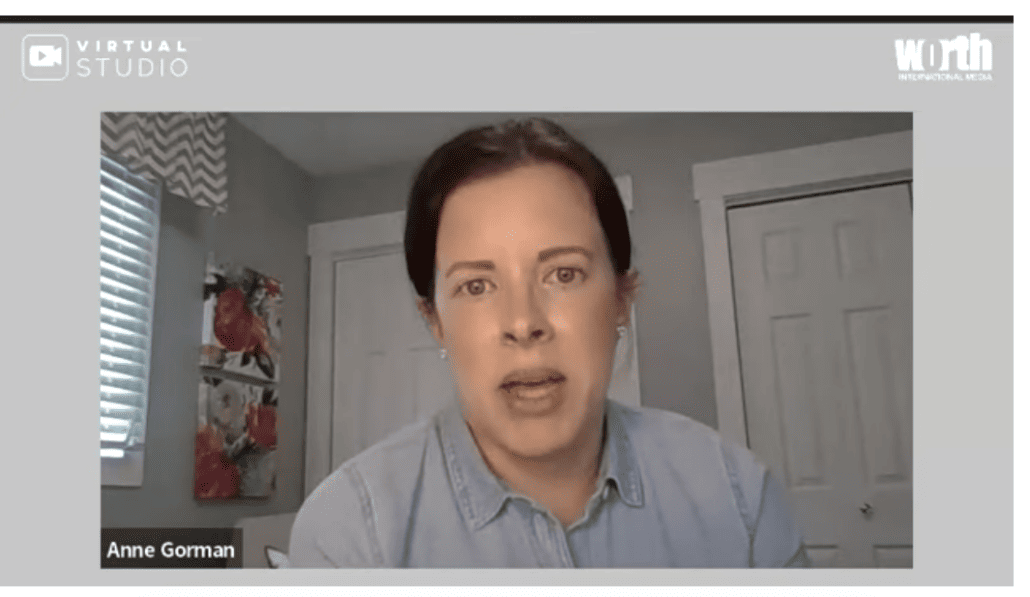
Prevue’s panel of experts take a deep dive into how planners and hotels are navigating the seller’s market.
Disruption isn’t a trend, it’s the new normal. That was the consensus of three meetings industry masters speaking at Prevue’s recent webinar, Site Selection and Contract Negotiation in a Seller’s Market. Moderated by Prevue Senior Editor Steve Grasso, panelists Anne Gorman, Vice President, Sales & Marketing, streamlinevents; John Klukan CHA, Market Director of Sales + Marketing, JW Marriott Dallas Arts District; and Terry Matthews-Lombardo CMP, TML Services Group, LLC, shared insights and strategies on how planners can effectively move forward in the seller’s market. The following edited Q&A reveals both sides of the story, underscoring the changed realities of the new meetings landscape.
Prevue: How has site selection changed?
Gorman: Shorter lead times are a reality. We’re planning 3-4 months out instead of 9-12 months out. This means planners have to cast a wider net, and we require extremely fast turnaround time from the hotel. We’re also noticing a trend of extended site inspections. What was an overnight trip has turned into a 5-day site inspection. We need to thoroughly experience the hotel, from the service level to the dining outlets to the overall vibe.
Matthews-Lombardo: I agree with all of Anne’s points. Also, after the contract is signed I request at least one additional site inspection closer to the meeting because in our era of disruption things change so much. And sometimes I go anonymously, to observe current details and see how the flow and the spaces work for other onsite groups.
Klukan: Anne and Terry summed it up well—the dynamics have changed. And continue to change. We’re still seeing the situation evolving, due to the economy, supply and demand, and so on. But we’re starting to see larger groups booking not so short term. Some are even sourcing at pre-pandemic levels of 180 to 250 days out. It all depends on the market. From Marriott’s viewpoint, the demand dynamics in states that did not close for the pandemic—Florida, Arizona, Texas—is different and we’re seeing those states come back more quickly.
From the suppliers’ side, I totally understand that dates, rates and space are history. It’s all about the experience. With the prices planners are being charged, they expect custom touches with unexpected delights. When I do sites, I ask planners about goals and objectives. And when we get to preliminary pricing discussions, planners should ask for the customer satisfaction scores and event satisfaction scores for the hotel. Hotels that are at the top of their game in overall satisfaction of events have the staff, budget and creativity to deliver the experience. I encourage planners to kick the tires at the hotel, do an unannounced site visit, talk to colleagues. Anyone can do a little smoke and mirrors. But at the end of the day, it’s about that scorecard of satisfaction. How is the hotel is taking care of their customers? How are they taking care of employees? What is the employee turnover? Planners can figure out pretty quickly what is real. If hotels are managing the business strictly from P&L, they are going to have a terrible end user experience.
Prevue: How has this time of disruption affected the RFP process? What are the strategies to get quick responses from hotel salespeople in a seller’s market?
Gorman: Initially, we try to not send a full RFP. Keep it short. Just ask about space availability and rates.
Matthews-Lombardo: I also ask for a snapshot instead of the full RFP. And I think it’s more important than ever that we are all completely honest. I try to get the budget out there right from the start, because I know there is so much incoming business to hotels right now that they have to prioritize. It’s all related to the revenue, we know that.
Klukan: Instead of sending a full RFP, planners can do a quick query about dates and rates, and then we can do a quick read to approach it from that standpoint and see what’s open. We obviously prioritize by looking at the size of the program, the date of booking and who is a repeat customer. It’s also about relationships and trust. We lean on our industry partners and national sales folks who already have relationships with planners and users. This is how we stack up the deck to see how we are going to approach the RFP.
You May Also Be Interested In…
Hotel Fees Continue to Astound Planners
Marriott Makes it Easy to Book Small Meetings
What You Need to Know about AV, Unions and Right-to-Work States










